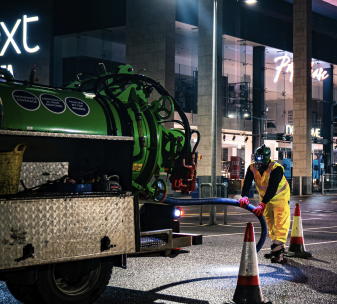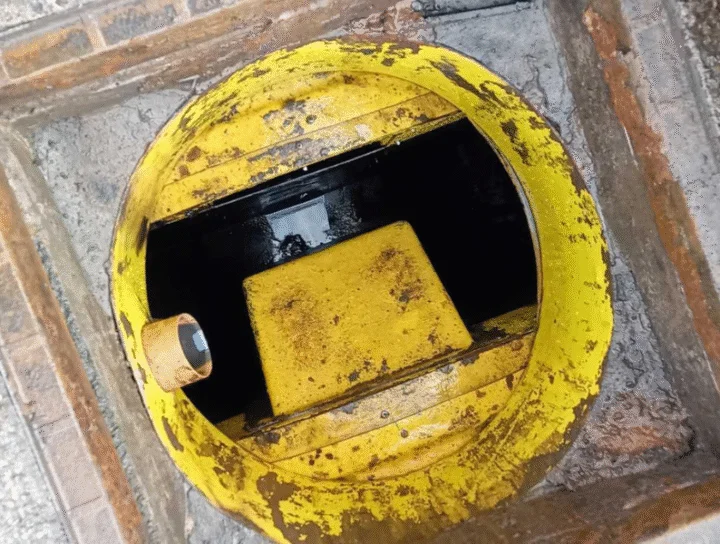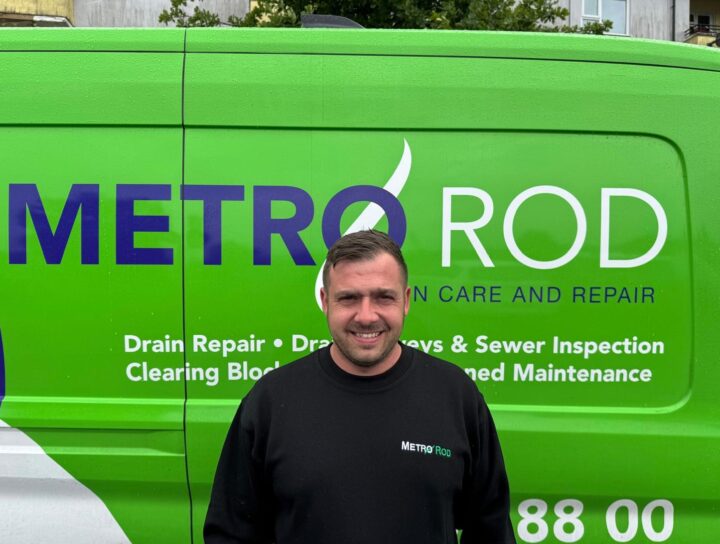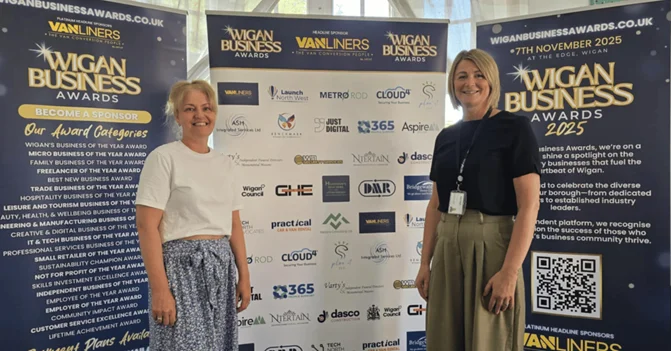What is Groundwater Pollution?
Groundwater resources are crucial to many individuals, businesses, and communities; supplying them with water for drinking, agriculture, and industry. Groundwater also supports wetlands and river flow during drier spells and maintains their biodiversity.
However, groundwater can be adversely affected by different activities such as disposing of oil, fats and other trade effluents. As such, there is waste disposal legislation and guidance in place which businesses and other organisations must comply with.
How is Groundwater Pollution Caused?
Water pollution can occur in either still, slow or fast-moving water. It is a significant contributor to environmental damage and is most often the result of human action.
The two main ways that groundwater can become polluted are:
- Point source pollution – This comes from chemical spills, waste oil dumping, leaks or discharges at a single point or over a small area. It could be from an isolated event or several activities over a period of time.
- Diffuse pollution – This is often the result of cumulative impacts of small, undefined pollution events and general environmental pollution spread over an area.
Which Substances Can Cause Groundwater Pollution?
Waste oils, petrol, diesel, pesticides, solvents, and mercury are just some of the substances that can be hazardous if they enter groundwater. Some activities can cause serious, even irreversible damage.
Businesses can prevent such pollution by following the conditions of any permits or exemptions they have in place.
Dangers of Contaminated Groundwater
The pollutants outlined above are known to be toxic and harmful to the environment, often causing environmental pH fluctuations and imbalances in salt levels.
As such, drinking contaminated groundwater can cause serious health issues. Hepatitis and dysentery can be contracted by contamination from septic tank and sewage treatment plant waste, with some long-term illnesses resulting from exposure to polluted water.
Wildlife can also be harmed by contaminated groundwater, with toxic substances known to ruin habitats and infect animals.
Who Monitors Groundwater Pollution?
The Environment Agency’s Approach to ‘Groundwater Protection’ details how it manages and protects groundwater, as well as information about its risk-based approach where legislation allows.
The document will be of interest to developers, planners, operators and anyone whose current or proposed activities have an impact on or are affected by groundwater. Each section is focused on different activities. Environment Agency staff also use these position statements as a framework to make decisions and remove uncertainty about how groundwater should be treated.
Hazardous Waste Disposal
Businesses and individuals are responsible for disposing of trade waste correctly, from trade effluent to washing down equipment – and should know where their wastewater is discharged to.
An asset map, or drain map, is a great way to map a drainage layout, giving businesses vital information to understand where their drains discharge to, and subsequently help develop a pollution prevention strategy. A pre-planned maintenance plan will help to keep drains in good condition and will detect any problems before they become serious; this can help to control and manage hazardous waste disposal and also ensure that businesses meet their environmental obligations.
Having both these things in place helps keep sites in optimum working order, thus preventing downtime and ultimately saving businesses money on emergency call-outs.
Here to Help With Groundwater Pollution
At Metro Rod, we advise businesses on the maintenance they can undertake to prevent disruption and downtime on site, as well as give support with measures to meet the Environment Agency’s guidelines.
Our team is available every day of the year offering 24/7 support wherever you are in the country. Contact your local Metro Rod team to see how we can support your business with controlling and managing your waste disposal today.

Talk to your local Metro Rod specialist
We are always happy to arrange a free site assessment and no obligation quotations for any work you might need. Alternatively, you can call our emergency hotline number on 0800 66 88 00
Get in touch Drainage Services


